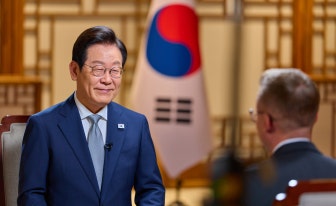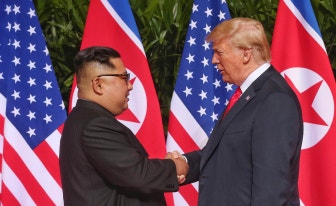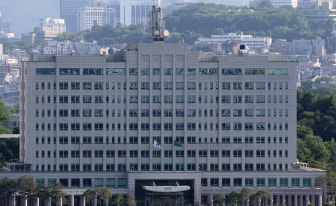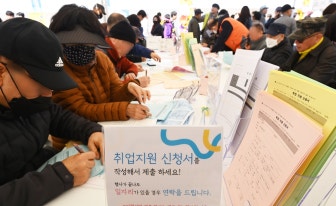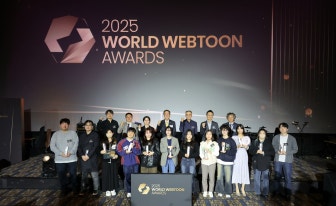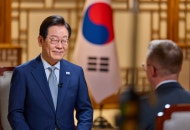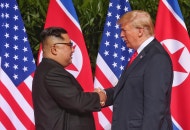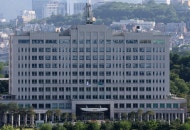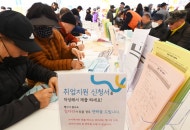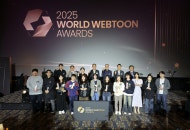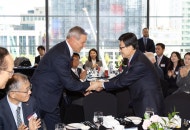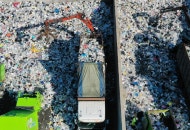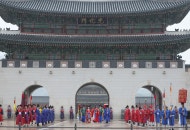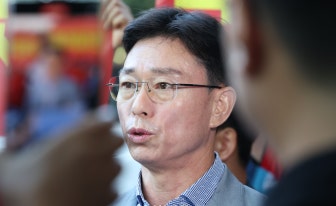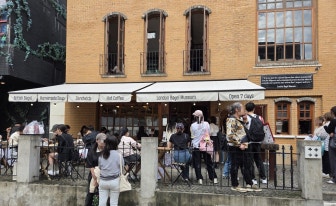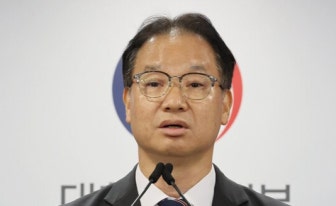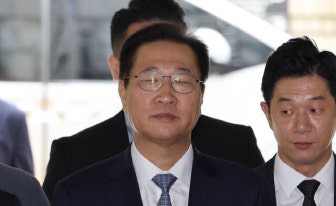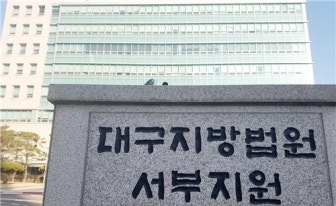| Daewoo E&C’s Nigeria LNG Train 7 project under construction on Bonny Island, Nigeria (Daewoo E&C) |
Daewoo Engineering & Construction is accelerating its expansion in the global liquefied natural gas sector, building on its strong track record in engineering, procurement and construction, or EPC, of gas liquefaction facilities worldwide.
The Korean company said Wednesday that it is serving as a key prime contractor in the 5.2 trillion won ($3.65 billion) Nigeria LNG Train 7 project, holding a 40 percent stake. Daewoo is also pursuing additional LNG contracts in other African nations, such as Mozambique, as well as in Papua New Guinea and the Middle East.
The Nigeria project, ongoing since 2020, marked a breakthrough for Daewoo by enabling it to enter a market long dominated by global EPC giants such as Bechtel, McDermott and Chiyoda, the company said.
It also marks the first time a Korean builder has taken on the prime contractor role for an overseas LNG liquefaction plant — a milestone built on decades of experience and trust accumulated since Daewoo’s entry into Nigeria in 1978.
Constructing LNG liquefaction plants requires highly advanced technology, as natural gas must be cooled to around minus 150 degrees Celsius to convert it into liquid form, then transported with minimal loss to LNG carriers.
In this high-technology field, Daewoo has demonstrated proven capability, earning recognition in the global market. Of the 90 LNG liquefaction plants operating worldwide as of June, Daewoo has participated in building 11.
Its portfolio includes the Sakhalin LNG project in Russia, which operates under harsh climatic conditions, as well as facilities in Algeria and Indonesia that face dry and humid climates, respectively.
| LNG liquefaction plant in Sakhalin, Russia, built by Daewoo E&C (Daewoo E&C) |
Leveraging these achievements, Daewoo plans to further advance its LNG business as a key growth driver, focusing on strengthening its expertise in gas liquefaction, regasification and storage facility construction.
Global demand for LNG infrastructure is projected to grow as natural gas gains traction as a cleaner alternative to oil and coal. According to the International Energy Agency, LNG emits at least 35 percent less carbon dioxide than coal.
Grand View Research estimates that the global LNG market, valued at $122.6 billion in 2024, will expand to $226.97 billion by 2030, representing a compound annual growth rate of 11.6 percent amid tightening carbon regulations.
Rising geopolitical tensions have further accelerated LNG development.
The suspension of Russia’s natural gas exports to Europe following the war in Ukraine has prompted many countries to seek more stable and diversified LNG supply chains.
Daewoo is also exploring participation in an LNG project in Alaska, where it could serve as a contractor for production facilities and liquefaction terminals, drawing on its proven expertise.
The long-discussed development of Alaska’s vast natural gas reserves has regained momentum under the Donald Trump administration, with several Korean companies expressing interest.
Korea's Posco International recently signed a preliminary agreement with US-based Glenfarne Group to explore cooperation on the Alaska LNG project. In September, Daewoo delegates also visited Korea’s Anchorage consular office in Alaska to discuss the local energy development landscape with local officials.
“The LNG business, recognized as an eco-friendly energy source that bridges conventional fossil fuels and renewable energy, presents a significant growth opportunity for Daewoo E&C,” a company official said.
“We will continue to build on our technology and global project experience to strengthen our position as a world-class contractor.”


